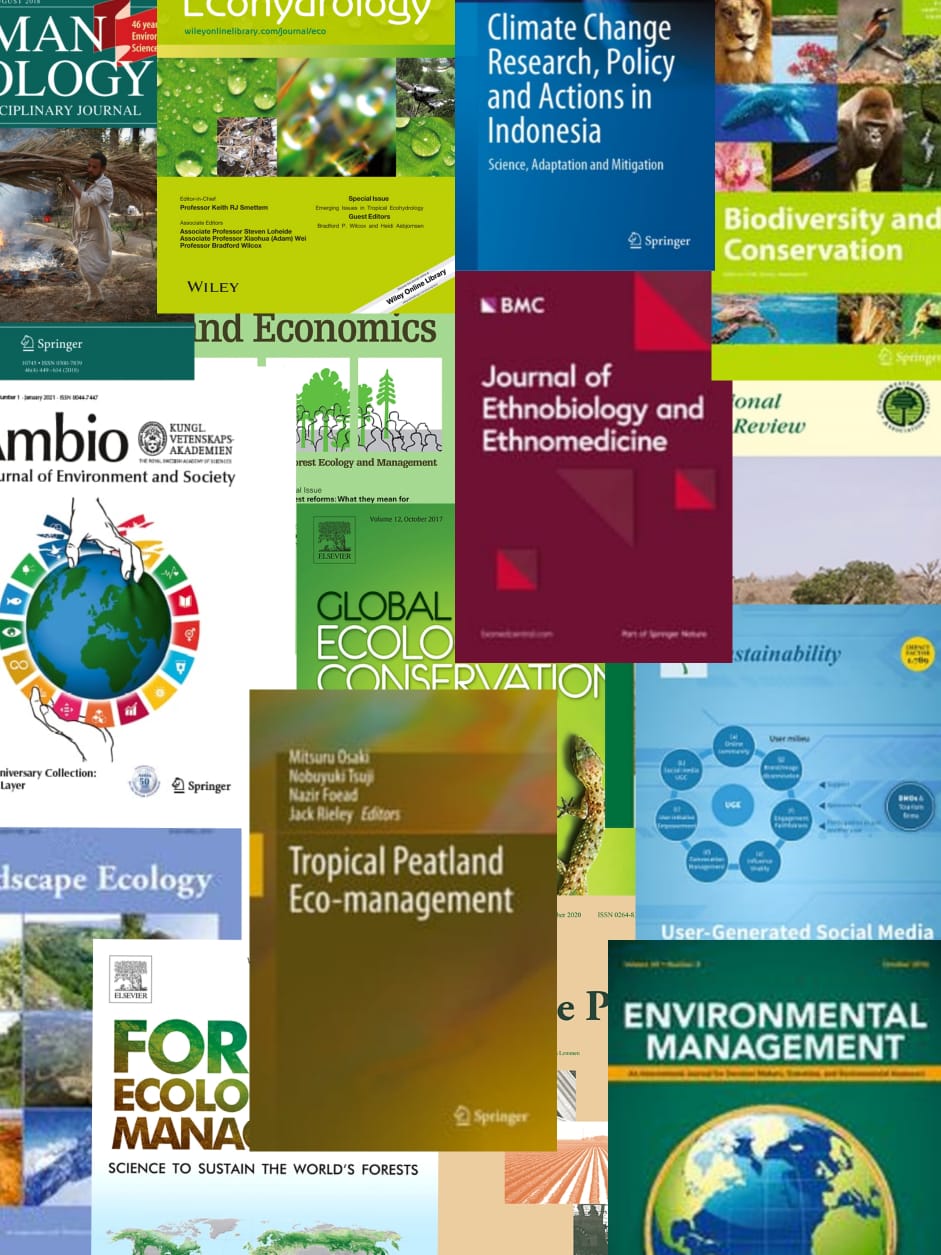The United Nations' Sustainable Development Goals underscore the need for improved understanding of relationships between changes in landscapes, livelihoods, and social welfare, and how these relate to tackling poverty, inequality, and environmental degradation. Such assessments are especially relevant in the context of oil palm agricultural expansion, which has rapidly replaced traditional livelihoods and generates ongoing political debates around the world. Proponents of the oil palm industry have used economic objectives to justify expansion, while opponents have raised the negative socioecological impacts on communities. To assist the debate, we assessed the association between the change in land-uses and climate, the change in village primary livelihoods towards monocultural oil palm cultivation, and the change in village welfare after adopting oil palm across Kalimantan, Indonesian Borneo, between 2000 and 2014. We show that the change in village primary livelihoods towards monocultural oil palm cultivation during this period was associated with complex interrelations between the expansion of agricultural industries, and conducive climate and market conditions for supporting agricultural production. The shift to oil palm monoculture brought significant economic benefit to villages, but this was limited to those with past exposure to plantation management and the market economy, such as in polyculture plantation villages. For villages where the majority of communities practiced traditional subsistence-based livelihoods (farming, foraging and fishing), the economic benefit from a shift to oil palm lasted only a few years after transition, while the socioecological welfare deteriorated. Furthermore, the shift to oil palm monoculture jeopardized food security among these subsistence livelihood villages. Baseline economic and socioecological conditions of villages, therefore, critically determine the success of the oil palm sector in providing economic benefits over the long term. Our study urgently calls for considering oil palm development objectives not only in terms of regional economic gain, but also the future maintenance of socioecological welfare of village communities.
View source

